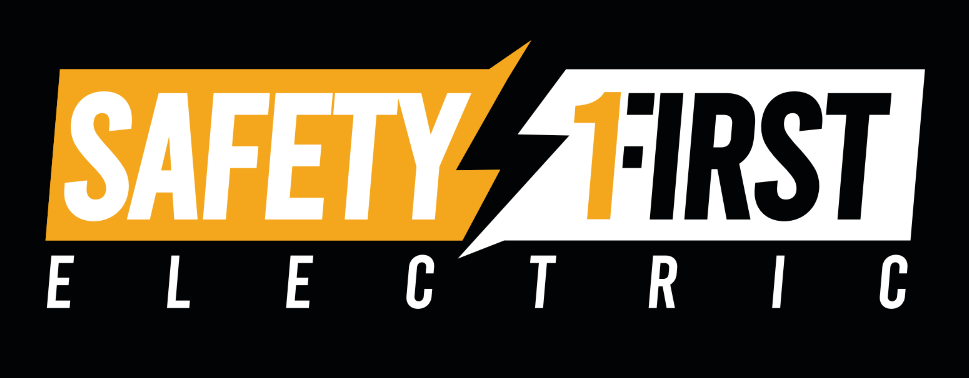The charm and character of an older home are undeniable, but beneath the surface can lie an electrical system that is outdated, insufficient, and potentially unsafe for modern living. Before you fall in love with vintage details, it’s crucial to understand the state of the wiring. Our team at Safety First Electric believes a thorough electrical inspection is non-negotiable.
What to Know Before You Buy an Older Home: A Look at the Electrical System
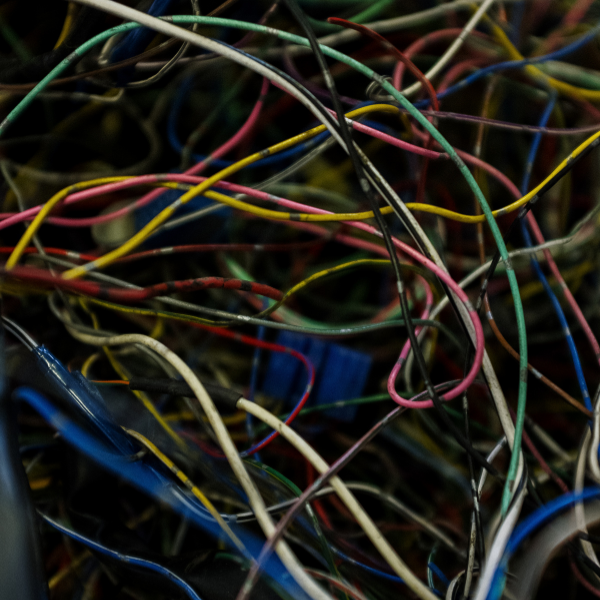
Outdated Wiring and Materials
Many older homes still contain outdated wiring like knob-and-tube or early aluminum wiring. These systems were not designed for modern electrical loads and can pose a significant fire risk. Furthermore, their insulation can degrade over time, increasing the danger. A professional inspection is essential to identify and assess these hidden electrical hazards before you buy.
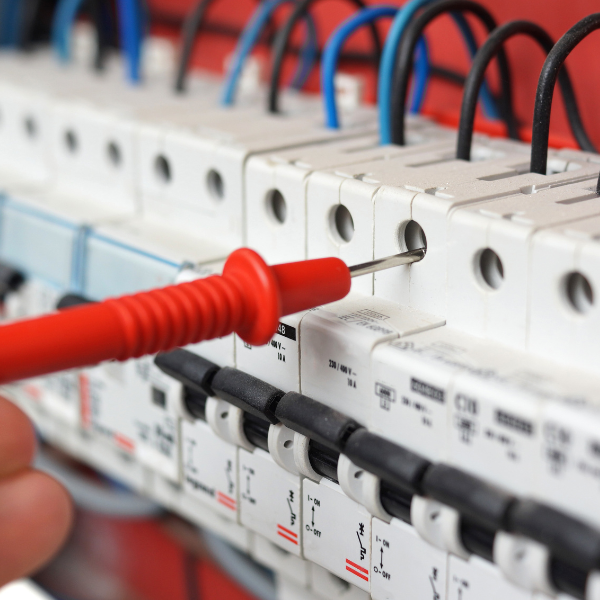
Insufficient Electrical Panel Capacity
A home's electrical panel is its heart, but older houses often have panels with insufficient capacity, like 60-amp services. Modern households with numerous appliances and electronics require at least 100-200 amps. An undersized panel can lead to frequently tripped breakers and overloaded circuits, signaling the need for an essential upgrade by a residential electrician.
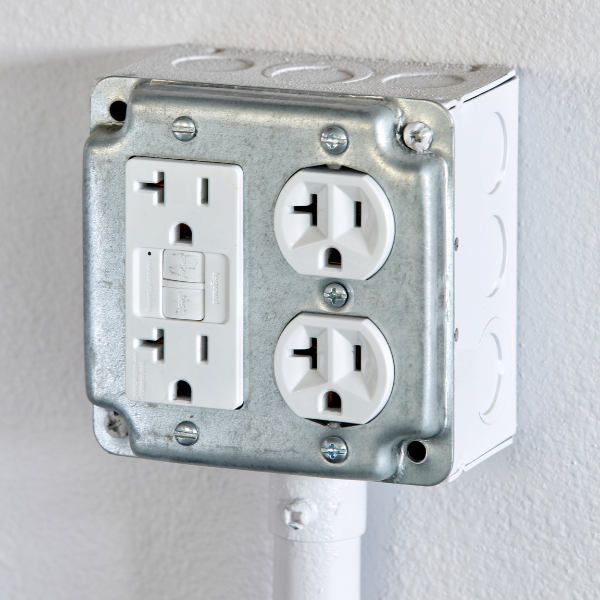
Lack of GFCI and AFCI Protection
Modern electrical codes mandate Ground Fault Circuit Interrupter (GFCI) outlets in areas with water, like kitchens and bathrooms, and Arc Fault Circuit Interrupter (AFCI) protection for living spaces. Many older homes lack this critical safety feature, leaving residents vulnerable to electrocution and electrical fires. Installing them is a non-negotiable safety upgrade for any home.
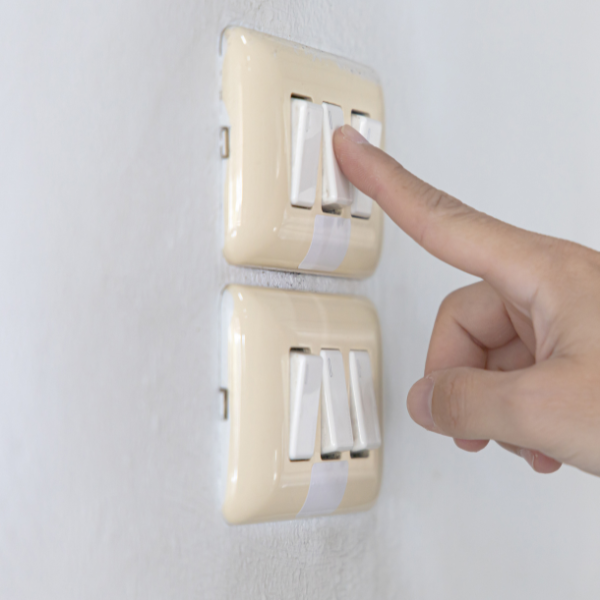
Ungrounded Outlets and Faulty Switches
Look for two-prong outlets, which indicate an ungrounded electrical system that offers no protection against electrical shock from faulty appliances. Also, pay attention to switches or outlets that are warm to the touch, discolored, or don't work reliably. These are clear signs that you will require professional electrician services for immediate repairs and safety updates.
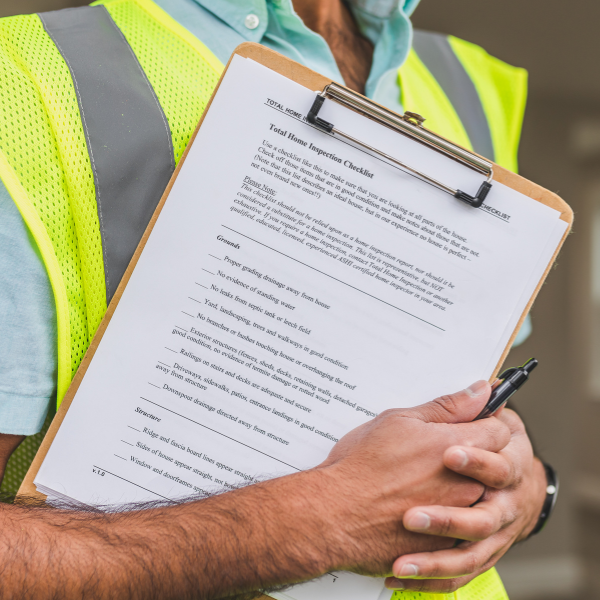
The Role of a Professional Electrical Inspection
Before finalizing your purchase, a dedicated electrical inspection by a qualified professional is invaluable. Unlike a general home inspection, this detailed assessment focuses solely on the electrical system's safety and functionality. A certified residential electrician will thoroughly evaluate the wiring, panel, outlets, and fixtures, providing a comprehensive report that identifies specific risks and necessary upgrades for modern living.
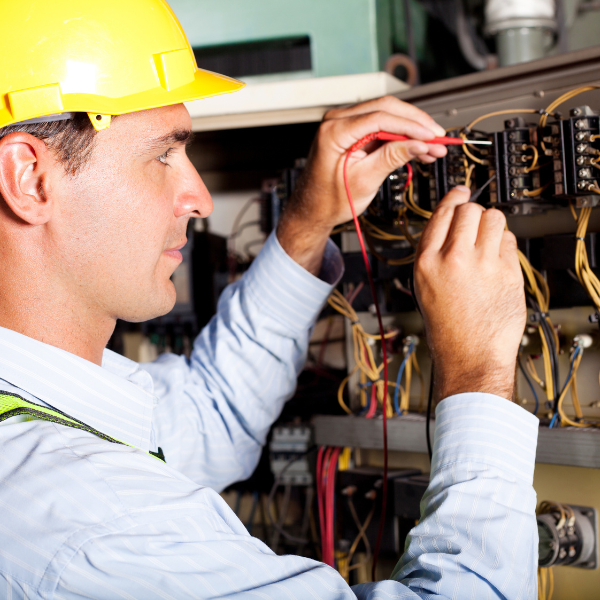
Spotting Signs of Unsafe DIY Electrical Work
In older homes, be wary of signs of amateur electrical work. Look for mismatched outlets, exposed wires, overuse of extension cords, or junction boxes without covers. These are red flags indicating that a previous owner may have bypassed professional electrician services, potentially creating hidden fire hazards. Unpermitted or shoddy work often requires complete replacement to ensure safety and code compliance.

Ensuring Code Compliance and Proper Permitting
Significant electrical work, such as panel replacement or extensive rewiring, requires permits to ensure it meets local safety codes. Working with trusted local electricians guarantees that all upgrades are properly documented, inspected, and approved. This not only protects your investment but also ensures the safety of your family. Schedule a consultation with Safety First Electric to discuss your needs today.
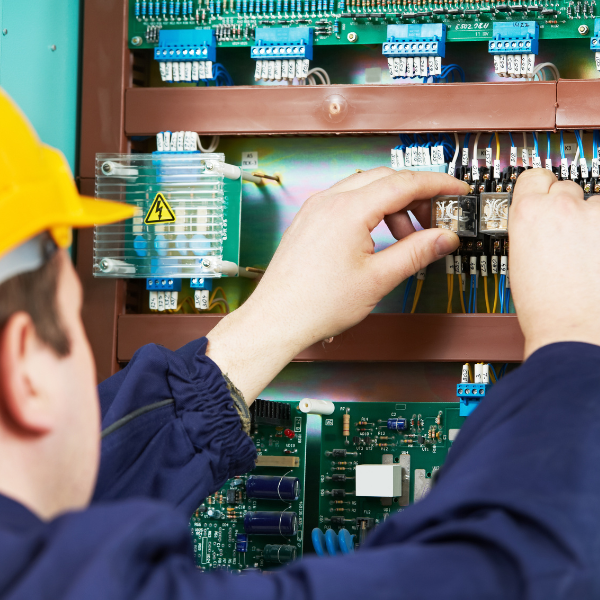
Long-Term Benefits of Modernizing the System
Investing in electrical upgrades goes beyond immediate safety. A modernized system increases your home's value, lowers insurance premiums, and improves energy efficiency. With a new panel and updated wiring, you can confidently power modern technology and appliances without the risk of overloads. This proactive step ensures your home is prepared for future electrical demands and innovations.
Contact Our Team
Understanding a home’s wiring, panel capacity, and safety features is key to making a sound investment. An outdated system can pose serious risks and lead to unexpected costs. Whether you need a pre-purchase inspection or are planning a future project, our team of local electricians and expert remodeling electricians is here to help. Contact Safety First Electric to ensure your new home is both beautiful and safe.
